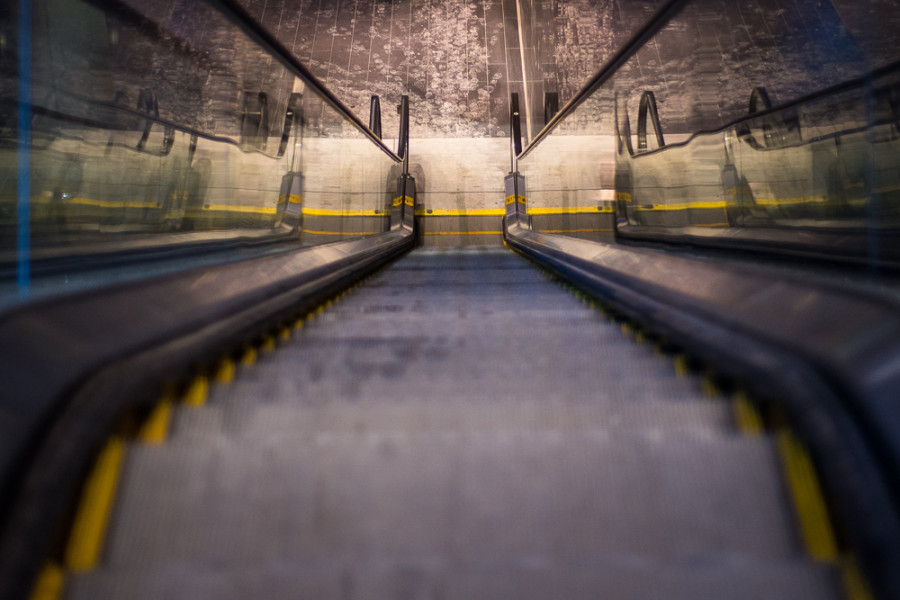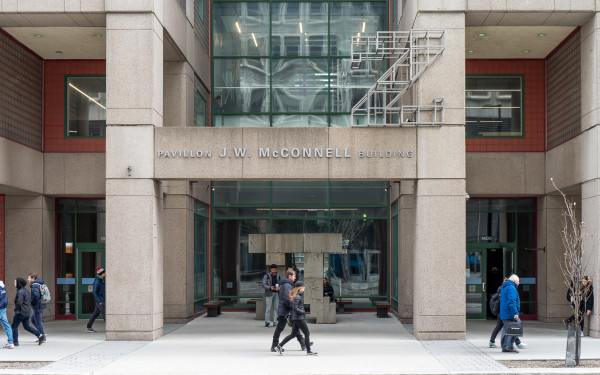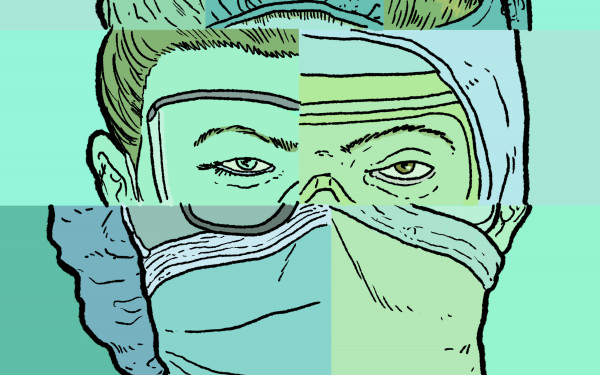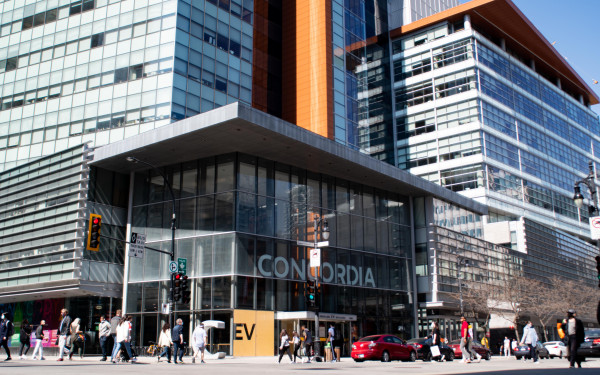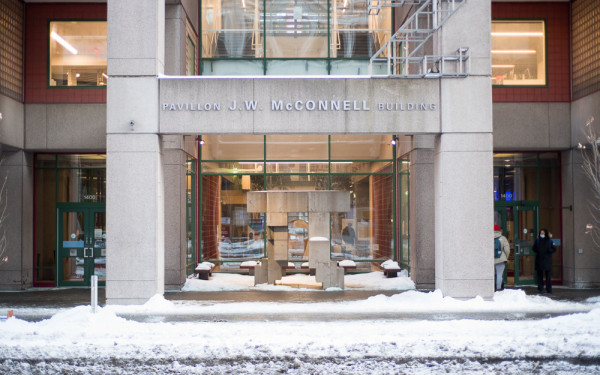Concordia’s Feb. 3 return to campus safety plan
The latest on masks, testing and scarce academic accommodations
On Jan. 16, Concordia’s Environmental Health and Safety department finalised their latest updates to the university’s Coronavirus Safety Program. But with soaring numbers of COVID-19 deaths in the province, students, staff, and faculty have become increasingly vocal with their concerns over the university’s return to campus plans.
Four days ahead of its previous Jan. 17 return to campus date, the university advised Concordians that in-person courses would instead resume three weeks later on Feb. 3. The email contained three sentences of new information, with reminders and resources through the rest of its contents.
Pietro Gasparrini, director of EHS, and Wael Badawy, Occupational Health and Infection Control Advisor at EHS, told The Link that the university’s guidelines are in accordance with the province’s directives on masks, testing, social distancing, and other measures.
Concordia will not provide N95 masks to students
“We’re not going to be procuring or distributing [N95 masks] to anyone unless it’s deemed that it’s required due to the risks that they’re going to be encountered with,” said Gasparrini.
Badawy said according to the province’s labour and health regulations, procedural masks are still considered adequate protection for most instances. Anyone accessing campus is still required to wear a mask at all times.
However, Concordia will permit N95 masks to be worn on campus, and security personnel have been told not to question those who opt for a higher level of protection. Gasparrini said KN95 masks do not meet adequate levels of protection, so procedure and N95 masks remain the only ones currently accepted on campus grounds.
Hannah Jamet-Lange, the Concordia Student Union’s Academic and Advocacy Coordinator, said the CSU has ordered a first batch of N95 masks, but couldn’t order enough due to stocking issues. The CSU demanded the university mandate and provide N95 masks in their recent open letter, which has since gathered over 2,500 signatures.
“It shouldn’t be on us, the student union, to have to provide them,” Jamet-Lange said. “But while the university is not doing it, we are basically forced to use our budget for masks.”
Read more: CSU demands concrete plan for Winter 2022 semester
Rapid test kits will not be provided
Gasparrini said Public Health would not provide rapid test kits for distribution, and that only elementary schools are given tests. However, the university has made requests for tests under a program for businesses with more than 50 employees working on site.
Given the lack of testing availability, EHS said positive results from rapid antigen tests will be accepted, and students and employees are not expected to pay for PCR tests. He encouraged all Concordia students, faculty, and staff to self-report their positive test results to EHS through the COVID-19 Self-Isolation form in the student, staff and faculty hubs.
“There is a lack of availability of rapid tests in Quebec for everyone,” said Vannina Maestracci, Concordia’s University Spokesperson. “Rapid tests are distributed by the provincial government which receives tests purchased by the federal government.”
Social distancing will not be required in classrooms
Badawy said that consistent with Concordia’s fall 2021 measures, social distancing will not be required in classrooms. However, those circulating in public indoor spaces on campus are still required to maintain two metres of physical distance from others at all times.
Maestracci said that Concordia’s social distancing measures are in line with the province’s. “These directives do not require physical distancing of students in classrooms or masks other than procedure ones.”
Gasparrini said given the cold weather, there will be more indoor break areas where students are allowed to remove their masks to eat.
Contact tracing continues to be done through community self-reporting
A notable change to the university’s contact tracing protocols comes after the province advised that those who were exposed to confirmed low-risk cases no longer need to self-isolate unless symptoms are shown.
Badawy said the university’s contact tracing measures remain largely consistent from the fall semester, and that exposure to most on-campus COVID cases are “considered low-risk, given that everybody is masked and/or keeping their two metre’s distance.”
Badawy said Public Health has changed its transmission prevention guidelines, and “only high-risk contacts are asked to avoid coming to campus.” Public Health designates high-risk contacts as those who live in the same residence as a positive case or sexual partners who don’t live together.
Academic accommodations remain unchanged since the fall semester
In a statement to The Link, Anne Whitelaw, Concordia’s Provost and Vice-President Academic, said accommodations that were introduced in the fall semester remain in place. New accommodations for the winter semester have not been introduced.
Hybrid course delivery not available
While many students are concerned about the risks of a full return to campus, others oppose the CSU’s call for a fully remote winter semester.
“We really want at least a hybrid semester so that students who can risk being in person have the chance to be, and can be safe,” Jamet-Lange said.
Whitelaw said that refining the “permanent place of online learning” is a part of the university’s “consultations on teaching and learning” but did not provide further details.
A hybrid course delivery mode remains elusive, and the university has not expressed commitments to implement the option.

